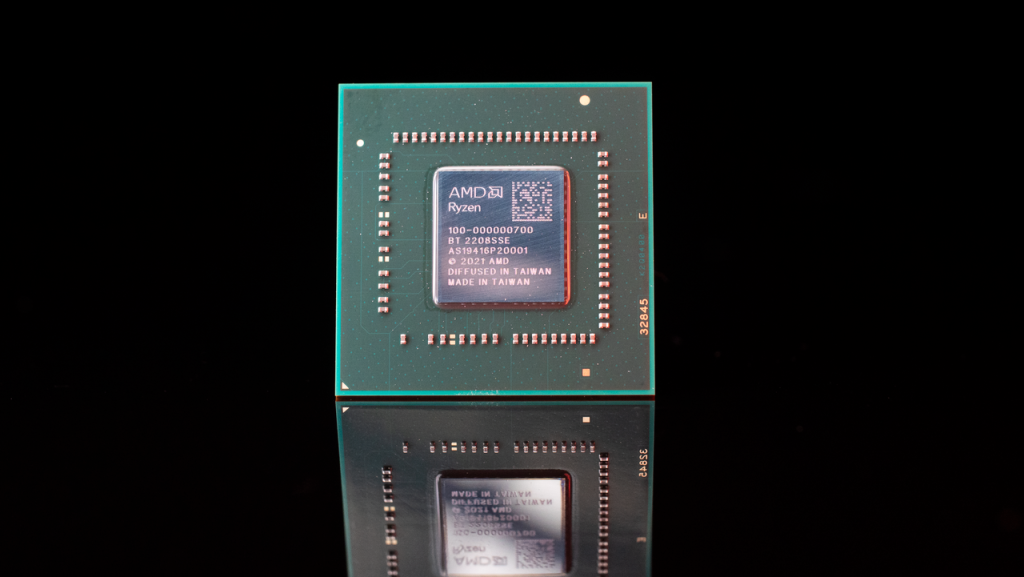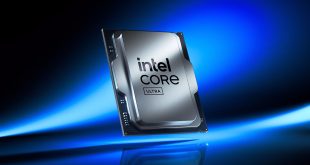Today, AMD unveiled its new Ryzen 7020 Series and Athlon 7020 Series Processor line-up. Built on the Zen 2 core architecture and featuring AMD RDNA 2 graphics, the new processors are geared towards mainstream laptops to handle every day tasks and productivity applications.
According to a recent survey from Wakefield Research, more than 90 percent of laptop users consider portability when it comes to their laptop. The survey also shows that with hybrid work becoming more common, the average user now spends more than three hours a day on battery power. A third of laptop users spend an estimated 10 hours or more on battery.
With all of that in mind, AMD is introducing the new Ryzen 7020 series processors to deliver up to 12 hours of battery life for new laptops, as well as up to 58 percent faster multitasking performance compared to ‘the competition'.
Here are the specs you can expect from the first units:
| Model | Cores/ Threads | Boost Frequency5 | Base Frequency | Total Cache (MB) | TDP (Watts) | GPU Model |
| AMD Ryzen™ 5 7520U | 4C/8T | Up to 4.3 GHz | 2.8 GHz | 6 MB | 15 W | AMD Radeon™ 610M |
| AMD Ryzen™ 3 7320U | 4C/8T | Up to 4.1 GHz | 2.4 GHz | 6 MB | 15 W | AMD Radeon™ 610M |
| AMD Athlon™ Gold 7220U | 2C/4T | Up to 3.7 GHz | 2.4 GHz | 5 MB | 15 W | AMD Radeon™ 610M |
The first Ryzen and Athlon 7020 processors will be available to OEM partners. The first laptops will come from the likes of HP, Lenovo and Acer in Q4, with prices starting at $399.
KitGuru Says: We've seen plenty of high performance laptops with very average, or in some cases, poor battery life. Now, we're finally starting to see a big shift for mainstream laptops, which should now be more capable than ever, and last longer away from the plug.
 KitGuru KitGuru.net – Tech News | Hardware News | Hardware Reviews | IOS | Mobile | Gaming | Graphics Cards
KitGuru KitGuru.net – Tech News | Hardware News | Hardware Reviews | IOS | Mobile | Gaming | Graphics Cards



